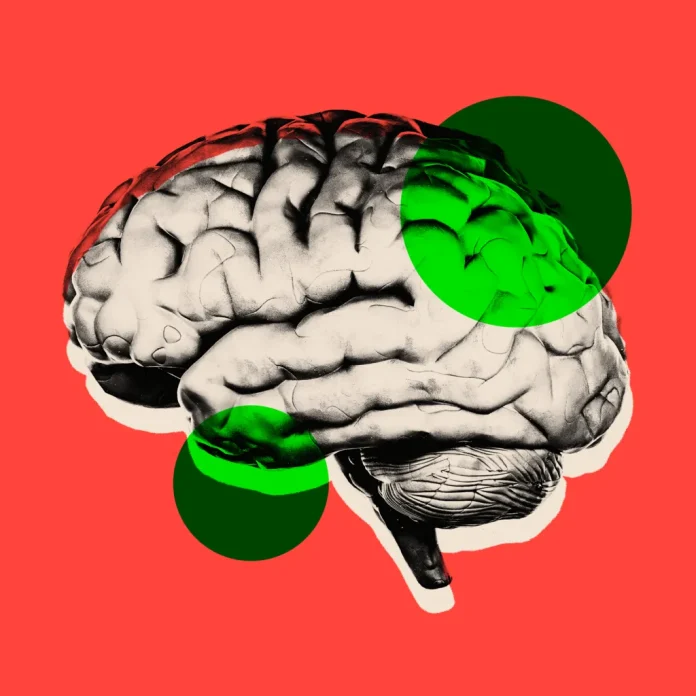Marijke and Tom, a couple in their seventies living in a community renowned as a Blue Zone, where residents enjoy longer-than-average lifespans. Their breakfast of oatmeal, chia seeds, and berries reflected the health-conscious lifestyle prevalent in Loma Linda’s Seventh-Day Adventist community. This lifestyle, rooted in vegetarianism or veganism, abstention from alcohol and caffeine, and a commitment to physical and mental well-being, forms the core of their “health message.”
Dr. Gary Fraser of Loma Linda University highlighted that Seventh-Day Adventists here typically live not only longer lives but also healthier ones, with women gaining an additional four to five years of “healthspan,” and men, seven. This longevity has attracted decades of research into what makes this community thrive.
Marijke and Tom, recent arrivals in Loma Linda, have fully embraced this lifestyle. They participate in community activities such as lectures on healthy living, musical gatherings, and exercise classes, reinforcing the importance of mental stimulation and communal support.
I learned from Judy at an assisted living facility, plays a critical role in cognitive health. Studies increasingly emphasize its role in staving off cognitive decline and loneliness, vital for healthy aging. This understanding dovetails with advancements in predictive and preventative healthcare, leveraging AI and big data to identify early signs of accelerated brain aging and potentially intervene preemptively.
University of Southern California, I met Prof. Andrei Irimia, who employs AI to analyze MRI scans from 15,000 brains, distinguishing between healthy aging and pathological processes like dementia. His work underscores the potential of AI to detect subtle brain changes early, potentially transforming how we approach brain health.
Commercial applications of this technology are emerging, with companies like Brainkey offering brain age assessments globally. Owen Philips, Brainkey’s founder, highlighted how improved MRI technology enhances early detection capabilities, crucial for personalized treatment plans.
Brain health diagnostics are promising, questions persist about the long-term impact of increased life expectancy on age-related diseases like dementia. Prof. Irimia noted ongoing research into delaying dementia onset, emphasizing lifestyle factors such as diet, exercise, and mental stimulation as key preventive measures.
Matthew Walker from UC Berkeley, emerges as another critical factor in brain health. He stressed that sufficient sleep supports the brain’s cleansing processes, crucial for clearing harmful proteins linked to Alzheimer’s. Tracking sleep patterns from an early age could potentially serve as a preventive model against dementia.
he journey through Loma Linda and discussions with experts underscored that longevity and brain health are not just products of genetics but are heavily influenced by lifestyle choices. Adopting a diet rich in plants, staying physically active, nurturing social connections, and prioritizing quality sleep emerge as fundamental pillars in promoting healthy aging and preserving cognitive function. As we harness technological advancements to delve deeper into brain health, these lifestyle factors remain paramount in shaping our future health outcomes.























